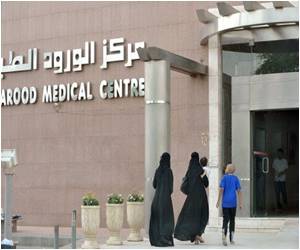A number of existing pharmaceutical drugs and compounds under development may be effective against the Middle East Respiratory Syndrome, researchers have found

Matthew Frieman of the University of Maryland Medical School said repurposing of approved pharmaceutical drugs for new indications presents an attractive alternative to the normal paradigm of huge library screening against a specific viral enzyme.
He said given development times and manufacturing requirements for new products, repurposing of existing drugs is likely the best solution to rapidly identify therapeutics for outbreaks due to emerging viruses.
In the second study, researchers collaborating in the European antiviral research program SILVER used a similar methodology to screen a library of 348 FDA-approved drugs for anti-MERS-CoV activity in cell culture. They identified four compounds that inhibited MERS-CoV, SARS-CoV and Human Coronavirus 229E at relatively low concentrations.
Two of the compounds were also identified by the U.S. study: the antimalarial drug chloroquine and the antipsychotic chlorpromazine.
The third and final study finds that an experimental compound, previously shown to block SARS-CoV replication, can inhibit replication of two other coronaviruses, MERS-CoV and mouse hepatitis virus.
Advertisement
Source-ANI









